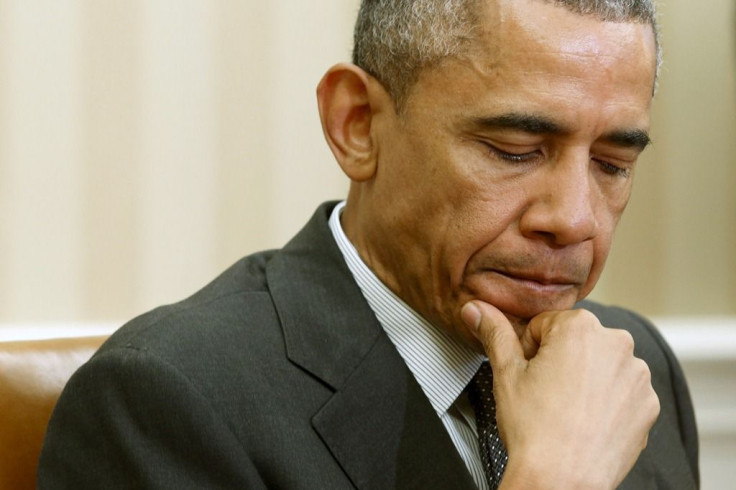US Decision To Remove Cuba From Terror Blacklist ‘Fair’

Cuba called it “fair” to have got its name removed from a U.S. list of state sponsors of terrorism. The U.S. President Barack Obama earlier expressed his willingness to do so.
Josefina Vidal, the top Cuban diplomat responsible for dealing with the United States, said in a statement that the Cuban government acknowledged the fair decision of the president of the United States to take Cuba off a list, on which it should never have been included. Obama submitted a "report and certifications" to Congress on Tuesday.
Obama indicated that his government had plans to remove Cuba from the blacklist. The decision is viewed as a significant step to normalise relations between the countries which have been sour for more than four decades.
The White House earlier issued a statement confirming that the U.S. President had asked the State Department to "undertake a review of Cuba's designation as a state sponsor of terrorism based on an assessment of the available facts.”
According to the statement, the U.S. Secretary of State John Kerry concluded after a careful review of assurances provided by the Cuban government and its record provided by the Intelligence Community that Cuba had met the conditions for rescinding its designation as a State Sponsor of Terrorism. "The Secretary of State therefore recommended that the President make and submit to Congress the statutorily-required report and certification," the statement said.
The U.S. President earlier met with his Cuban counterpart, Raul Castro, on the side-lines of a regional summit in Panama. The national leader of the countries met for the first time in almost half a century. As Obama plans removing Cuba’s name from the terror blacklist, it may help a U.S. embassy open in the Cuban capital.
Obama said on Tuesday that the Cuban government had not provided any support for international terrorism over the last six months. He added that Cuba had also provided assurances that it would not support acts of international terrorism in the future.
The United States designated Cuba as a state sponsor of terror in 1982. The White House clarified that striking Cuba off the list did not necessarily mean an end to the differences between the countries.
Contact the writer: s.mukhopadhyay@ibtimes.com.au





















